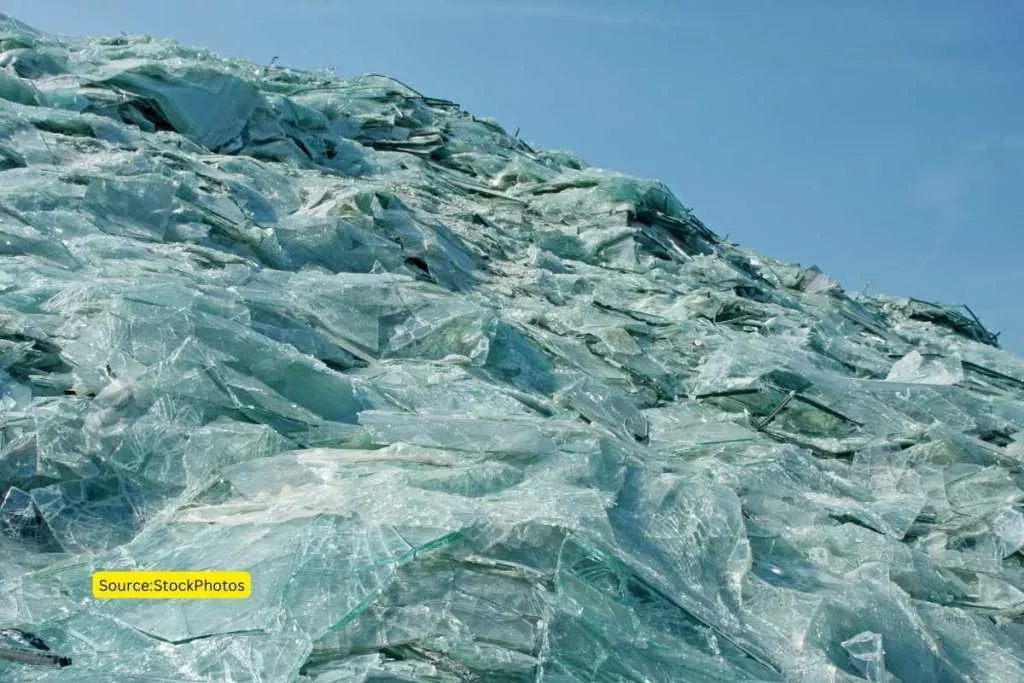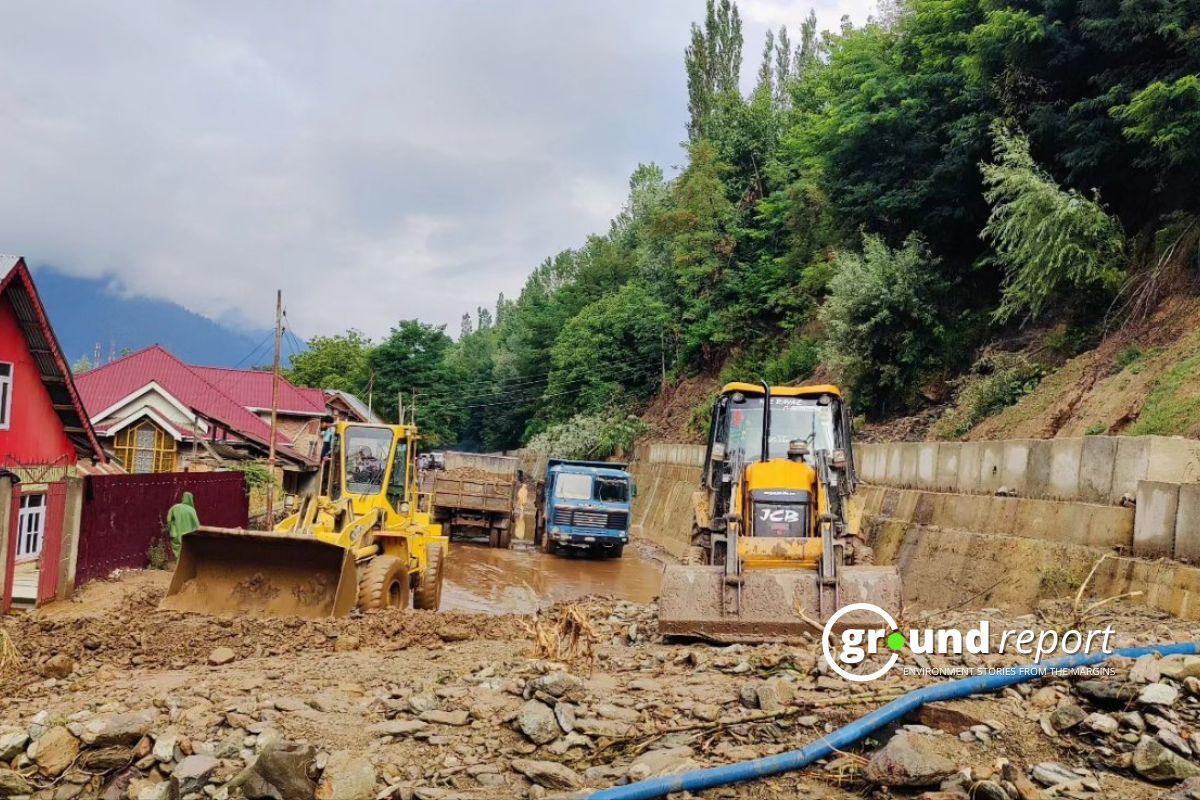Despite being infinitely recyclable and environmentally beneficial, we can notice a declining trend in the case of recycling glass. More than half of the manufactured glass is ending up in landfills instead of being recycled.
Apart from logistical hurdles like being heavy to transport and breaking under pressure, there is another important reason. That is, glass recycling’s unfavorability in the process of recycling owing to its susceptibility to getting contaminated.
Glass is manufactured with three natural and one important recycled ingredient. The natural ingredients include sand, limestone, and soda ash. And, the recycled ingredient is known as Cullet. A cullet is a granular glass that is crushed. Using a cullet greatly reduces dependence on natural raw materials.

Countries like the USA only recycled 3.1 million tonnes of glass in 2018. Whereas, 62% of glass waste went straight to landfills. With a higher difficulty to sort out glass from landfills and a shortage of supply of virgin glass, glass recycling is on a downward trend.
The process of single-stream recycling is where all recyclables are collected by a single truck. Then, sorted at a Materials Recovery Facility (MRF) is a major reason behind this downward trend. The breakable nature of glass not on makes sorting recyclables difficult but also contaminates other items like paper or plastic. Broken glass poses a great threat to workers at the MRF who are directly in contact with the waste.
Machinery that is used for recycling faces a great risk of being damaged increasing the overall processing and recycling cost of glass. Transporting glass is a very costly affair as well.

ALTERNATIVES
Moving from a single-stream system to one with multiple streams can help reduce contamination. In addition, will save the cost of sorting different recyclables at the same time. According to Glass Packaging Institute, single stream only helps recycle 40% of glass as opposed to 90% in a multi-stream system.
Mobile collection points for glass waste can help cover the huge transportation cost that goes into moving the waste from its source to the recycling facility.
According to the Glass Packaging Institute, substituting a cullet for 10% of glass mixing can reduce CO2 emissions by 5%. Hence, improving the streamlining of recycling glass can prove very efficient in promoting an eco-friendly environment in the long run.
Support us to keep independent environmental journalism alive in India.
Keep Reading
The costliest water from Narmada is putting a financial burden on Indore
Indore’s Ramsar site Sirpur has an STP constructed almost on the lake
Indore Reviving Historic Lakes to Combat Water Crisis, Hurdles Remain
Indore’s residential society saves Rs 5 lakh a month, through rainwater harvesting
Follow Ground Report on X, Instagram and Facebook for environmental and underreported stories from the margins. Give us feedback on our email id greport2018@gmail.com.
Don’t forget to Subscribe to our weekly newsletter, Join our community on WhatsApp, and Follow our YouTube Channel for video stories.






